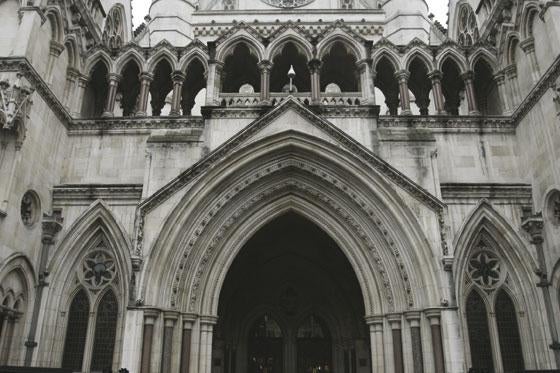
The media’s new right to attend family court proceedings should only be overturned in the most exceptional circumstances, the President of the Family Division has been told.
When applications were being made to exclude the media from such hearings, the media also had a right to be properly informed of the application and the reasons behind it, said Gavin Millar QC, representing a group of media organisations.
His comments came at a hearing yesterday at which the media were opposing an application they should be excluded from hearings in a case involving a celebrity, a child and the child’s mother.
The hearing was in private, although journalists were allowed to attend.
Richard Spearman QC, for the celebrity, had argued that as a general rule in cases involving celebrities and their children, the requirement to protect their privacy would require that journalists should be excluded from the hearings.
He also argued that protection of celebrities and children’s privacy meant that when applications were made for journalists to be excluded from all or parts of hearings, the media should not be told the reasons on which such applications were based.
The case is the first in which the Family Division has had to consider the operation of the new system of openness in the family court and the rule allowing the exclusion of journalists from all or parts of hearings in certain circumstances.
It is believed that Sir Mark Potter, President of the Family Division, intends to use the case to set out guidance for the courts on the approach to be taken.
The new rules allowing the media into family proceedings hearings provide that journalists may be excluded from all or part of a hearing if this is necessary in the interests of any child concerned in or connected with the proceedings, or for the safety or protection of a party or witness or person connected with such a person, or for the orderly conduct of proceedings, or if justice would otherwise be impeded or prejudiced.
Millar told the court that family law cases concerning the children of celebrities were no different in principle to those involving any other children.
“The press is acting as a public watchdog,” Millar said. “Sitting in court is a classic watchdog function. In a healthy democracy the public are entitled to as much information as possible in order to enable them to discuss that information and those ideas which come back from the watchdog.
“On our analysis, what the Government is saying is it really will be for exceptional cases that the press will be excluded.”
The courts, he said, had powers to restrict reporting – and these were sufficient to ensure that the privacy rights of the parties involved in family cases, including those involving children, were protected.
Spearman argued that the media should be excluded from cases involving celebrities and their children not because celebrities were entitled to special treatment, but because the reality was that the public appetite for information about celebrities and their families, and the attractions that publishing such material had for the media, meant they faced much greater risks of publicity than other people.
This was one reason why the court should agree that the media did not have to be told the information behind the reasons for any application for journalists to be excluded from all or part of any proceedings.
The sole effect of an order excluding the media from the proceedings would be to stop journalist learning the information which the parties sought to protect anyway, Spearman said.
Email pged@pressgazette.co.uk to point out mistakes, provide story tips or send in a letter for publication on our "Letters Page" blog

